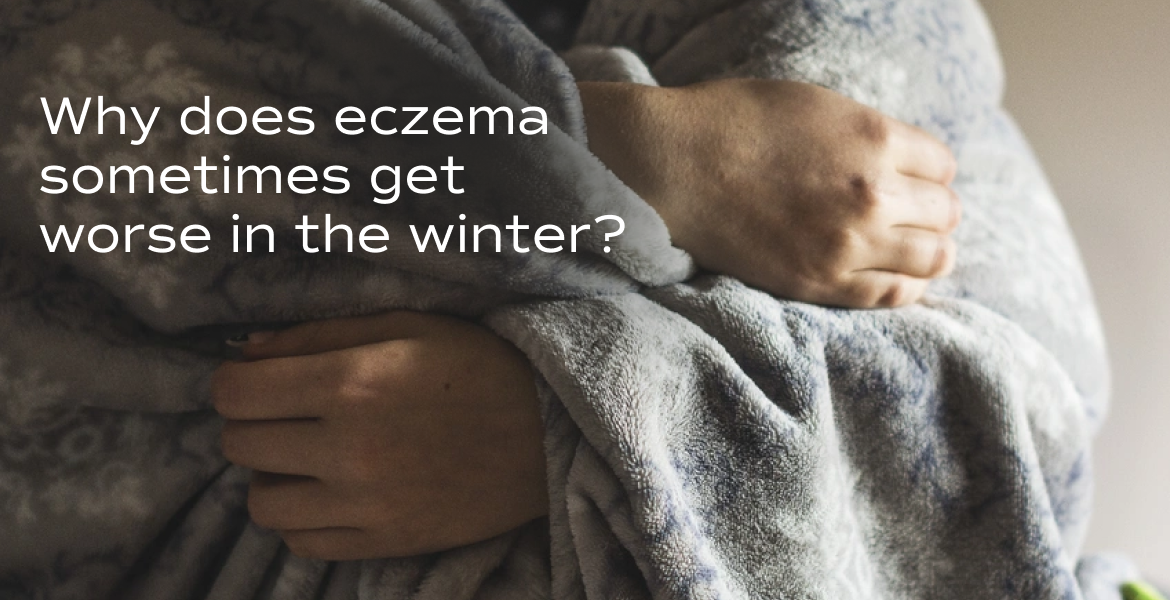As temperatures drop, the cozy charm of winter comes with a hidden challenge: dry, cold air that can wreak havoc on your skin. For those with eczema (atopic dermatitis), winter weather often exacerbates symptoms, leaving skin feeling itchy, inflamed, and uncomfortable. Understanding why eczema worsens during the colder months and learning how to manage it can make all the difference in maintaining healthy, happy skin.
Why Does Eczema Get Worse in Winter?
Cold air holds less moisture, leading to lower humidity levels. Combined with indoor heating, which further dries the air, this creates the perfect storm for dehydrated skin. Without enough moisture, the skin’s protective barrier becomes compromised, triggering eczema flare-ups. Additional factors like hot showers and exposure to irritants in winter fabrics can also contribute to worsening symptoms.
Recognizing Eczema Symptoms
If you’re dealing with eczema, you may notice these symptoms worsening in the winter:
- Dry, itchy, or flaky skin
- Red or inflamed patches
- Cracked or thickened skin
- Increased sensitivity or discomfort
- Weeping or oozing in severe cases
Managing Eczema During the Cold Months
While winter can be tough on your skin, there are plenty of ways to reduce symptoms and keep eczema under control:
1. Moisturize Frequently
Hydrating your skin is critical. Opt for thick, fragrance-free creams or ointments that provide a strong barrier against dryness. Look for products with ceramides, hyaluronic acid, or colloidal oatmeal for added soothing benefits.
2. Use a Humidifier
Combat the dryness in the air by using a humidifier in your home. This simple step can make a big difference in maintaining skin moisture levels.
3. Be Gentle on Your Skin
Avoid harsh soaps, detergents, and fabrics that can irritate your skin. Stick to gentle, unscented cleansers and wear soft, breathable materials like cotton.
4. Adjust Your Shower Routine
Hot showers may feel good on a cold day, but they can strip your skin of natural oils. Take short, lukewarm showers instead, and apply moisturizer immediately after to lock in hydration.
5. Try Topical Treatments
For mild eczema flare-ups, over-the-counter hydrocortisone creams can help reduce inflammation and itching. For more severe cases, consult your dermatologist about prescription treatments like topical steroids or non-steroidal creams.
6. Consult a Dermatologist
If eczema symptoms persist or worsen, seeking professional care is essential. Your dermatologist can recommend advanced treatments tailored to your needs.
Stay Ahead of Eczema This Winter
With the right care and management, you can keep your skin comfortable and healthy throughout the winter months. Start by implementing these tips and don’t hesitate to reach out to us for personalized advice and treatment options. After all, winter may be chilly, but your skin doesn’t have to suffer for it.


